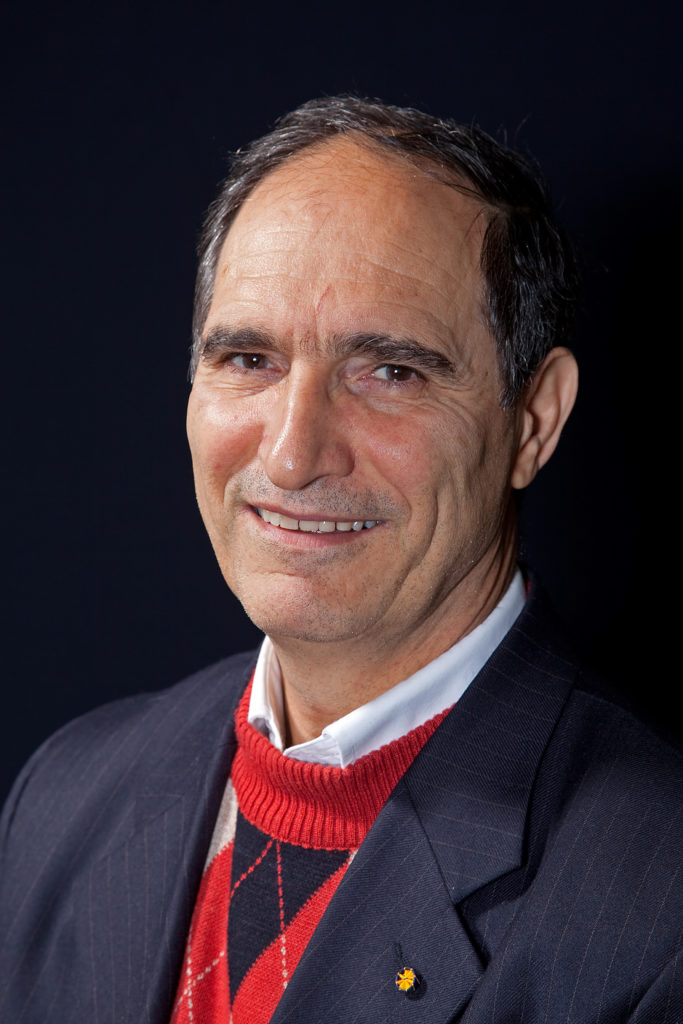
Professor Majid Hassanizadeh, Managing Director at InterPore and Professor of Hydrogeology at Utrecht University, is coming to PoreLab Trondheim on June 18th.
He will give a total of 14 hours course speaking about “Fundamentals of multiphase flow in porous media – From the molecular scale to the REV scale – Averaging-thermodynamic approach for development of basic equations” (see under)
You are kindly invited to attend his course.
When, where:
The courses will be organized at the Petroleum center (Valgrinda, PTS1, S.P. Andersens vei 15A) as follow:
- Tuesday 18 June 2019, 3 hours starting at 9:00, Auditorium P10 PTS Paviljong (From molecular to pore or grain scale; derivation of conservation equations for a single phase)
- Wednesday 19 June 2019, 2 hours starting at 9:00, Auditorium P1 (From molecular to pore or grain scale; derivation of conservation equations for multiphase systems)
- Wednesday 19 June 2019, 1 hour starting at 13:00, Auditorium P1 (Basics of Rational Thermodynamics)
- Thursday 20 June 2019, 2 hours starting at 9:00, Auditorium P1 (Derivation of constitutive equations for solids (e.g., Hooke’s law of elasticity) and fluids (e.g., Newton’s law of viscosity) using Rational thermodynamic approach)
- Friday 21 June 2019, 2 hour starting at 9:00, Auditorium P1 (Derivation of constitutive equations for single-phase flow in a porous medium)
- Monday 24 June 2019, 2 hours starting at 9:00, Auditorium P1 (Derivation of equations for multiphase flow in a porous medium)
- Tuesday 25 June 2019, 2 hours starting at 9:00, Auditorium P1 (Advanced theories of two-phase flow in porous media; combining conservation laws and constitutive equations)
Please notice that the courses are all given in the Auditorium P1, PTS1, except for the first day (June 18th).
About credits
The PhD candidates have the possibility to include Professor Hassanizadeh’s course as a part of their “Individual Study Syllabus” in agreement with their supervisor/professor. Professor Hassanizadeh’s course corresponds to 1.5 credits (“studiepoeng” in Norwegian). Please be aware that Professor Hassanizadeh’s course should not overlap with existing courses.
I remind you that the Individual Study Syllabus should have a minimum of 3 credits, and requires a final assessment in form of an exam, report or other assessments.
Syllabus
Fundamentals of multiphase flow in porous media – From the molecular scale to the REV scale – Averaging-thermodynamic approach for development of basic equations
Lecturer: S.M. Hassanizadeh (Utrecht University, The Netherlands)
Place: Petroleum center (Valgrinda, PTS1, S.P. Andersens vei 15A)
Dates: 18-25 June 2019
Description
Materials have a fundamentally discrete nature, consisting of particles (for example, molecules, ions,
and/or atoms), with spatially discrete and temporally random (in fact enormously fluctuating) properties. However, we commonly observe and describe them as continua. We employ concepts such as pressure, viscosity, temperature, and mass density that even don’t exist at the particulate level.
Given the fact that the behavior of a material at a given scale derives ultimately from its structure at lower scale(s), one may ask the question whether we can link the continuum description of materials to their fundamentally discrete nature. One may ask questions such as:
What is the origin of pressure?
What is the origin of viscous stress?
What is the origin of diffusion and diffusivity?
What is the origin of internal energy?
Can we derive Navier-Stokes equations, Fick’s law, or Darcy’s law starting from a molecular description of the matter? How about equations governing flow and transport in more complex systems, such as a porous medium? In this lecture series, we use principles and methods of continuum mechanics and rational thermodynamics to derive governing equations for flow and transport in fluids, solids, and in porous media.
We start with a particulate description of the matter. We assume that a material system consists of a set of fundamentally discrete particles (point masses), each having a mass mi and a position vector xi(t). We also assume that there are attraction/repulsion forces among them and there are long-range forces acting on particles. The second Law of Newton is assumed to apply to each and every particle.
With this very limited set of assumptions, we follow an upscaling procedure that allows us to derive equations of conservation of mass, momentum, and energy at larger scales. Next, we present a procedure for deriving constitutive laws for various materials (deforming solids, gasses, viscous liquids, diffusing solutes, porous media, and even a river catchment). Following this systematic procedure, we derive well-known equations such as Navier-Stokes equations, Fick’s law, and Darcy’s law.
Participants only need to have a basic knowledge of mathematics and physics. Familiarity with concepts of derivation and integration would be sufficient.
